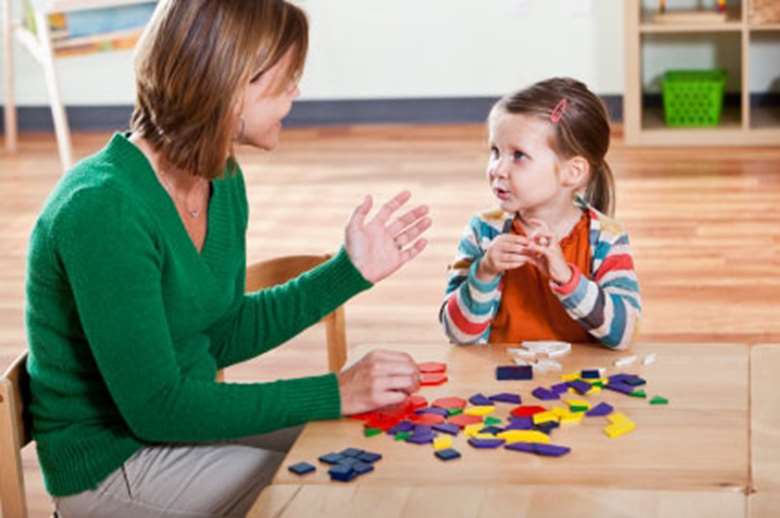Consultation begins on training standards for the new Early Years Teacher role
Karen Faux
Friday, March 22, 2013
The DfE has launched a consultation on the standards which will underpin the training and assessment of the new Early Years Teacher role.

The new programme will begin in September 2013 and trainees will have to meet the same entry requirements as primary classroom trainee teachers, with at least a Grade C GCSE in English, mathematics and science, or equivalent.
Early Years Professional programmes will cease to be offered from September when training providers will move to the new programme. With the results of the consultation set to be published in June, universities are already gearing up to deliver the new training.
As outlined in its 'More Great Childcare' report the Government intends that the introduction of graduate Early Years Teachers and Level 3 Early Years Educators will support providers with a more highly skilled workforce.
While it recognises that EYPs have helped to improve the quality of early education, it wants to address the fact that public recognition of the status remains low. Early Years Teachers are intended to build on the strengths of the EYP programme, while those who have attained EYPS will have equivalency with EYTS.
Education and childcare minister Elizabeth Truss said, 'Graduate leadership is the best way to give young children the best start in life, particularly those from poorer homes. In raising the status of the profession I hope more bright graduates will consider doing this profoundly important job.'
The aim of the consultation, which will be carried out by the Teaching Agency, is to seek views on eight proposed Teachers' Standards (Early Years). These build on the existing Early Years Professional Status standards, and are intended to boost the role of teaching in the early years while also meeting the requirements of the EYFS. The standards will also align with the Teachers' Standards for classroom teachers.
The standards which an Early Years Teacher must meet are:
- Set high expectations which inspire, motivate and challenge all children
- Promote good progress and outcomes by children
- Demonstrate good knowledge of early learning and EYFS
- Plan education and care taking into account the needs of all children
- Adapt education and care to respond to the strengths and needs of all children
- Make accurate and productive use of assessment
- Safeguard and promote the welfare of children, and provide a safe learning environment
- Fulfil wider professional responsibilities.
At Chichester University, EYP programme co-ordinator Nikki Fairchild said that her department is currently working on delivery of the new course in September and expects that it will be a 'seamless transition'.
'We are positive about the move from a training perspective and are confident that delivery will go ahead,' she said. 'We would like to have the new standards as soon as we can but do not anticipate that there will be too much change or difficulty in matching them. In Chichester we have a strong pipeline in terms of getting recruits so we are keeping them well informed about changes. We are also looking at our forthcoming marketing as a consortium.'
Ms Fairchild says that all the university's existing EYP candidates will finish their courses on their existing pathways, prior to the start of the autumn term.
Stella Ziolkowski, National Day Nurseries Association Director of Quality and Workforce Development said, 'The sector has made huge personal and financial investment in Early Years Professionals (EYPs). 11,000 people have achieved this specialist early years graduate leader status in just a few years. This demonstrates that the sector rapidly responded to the need to up-skill the workforce. We are pleased that EYPs are to be recognised as the equivalent of Early Years Teachers.
'We look forward to hearing the funding arrangements the government is to set out for EYTs and we will be responding to the consultation about the Teacher’s Standards. The term Early Years Teacher will help the perception of the sector and its status with parents because everyone understands the word teacher. However, we would urge government to consider equivalence to Qualified Teacher Status to encourage engagement of the workforce and employers.
'Reform of early years funding is vital so PVI nurseries can afford to offer EYPs and EYTs salaries which will encourage them to remain in the sector working directly with children and not move on to better pay, pensions and holidays in schools.'
- The consultation closes on 30 April.




